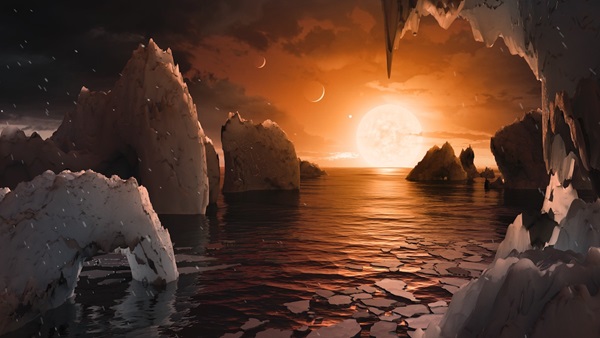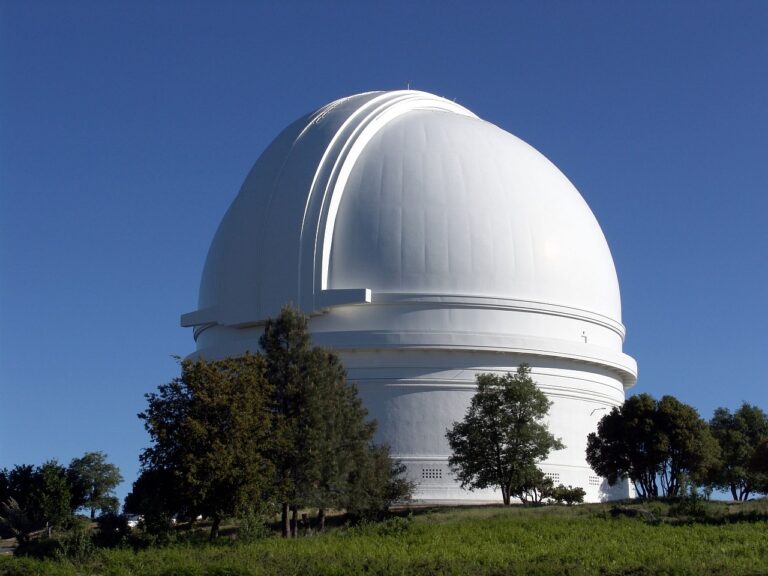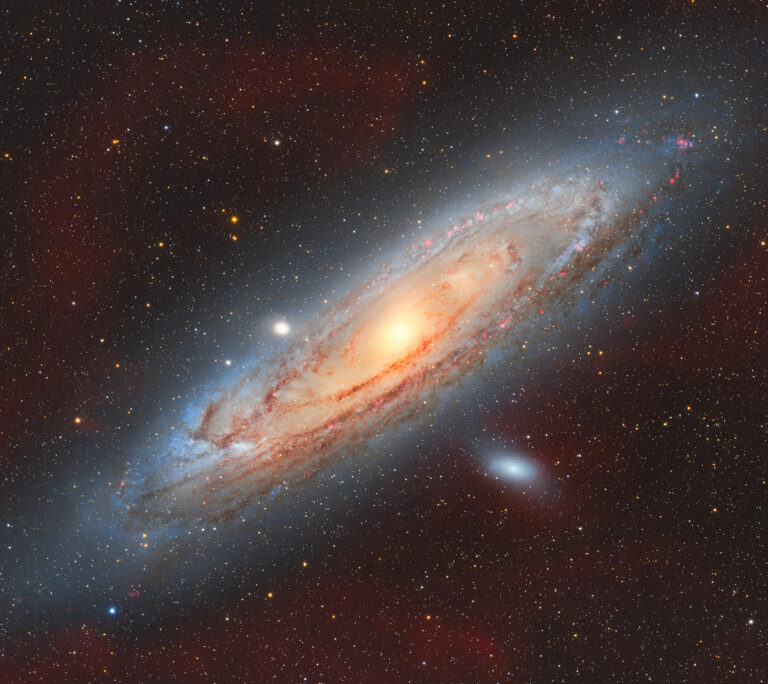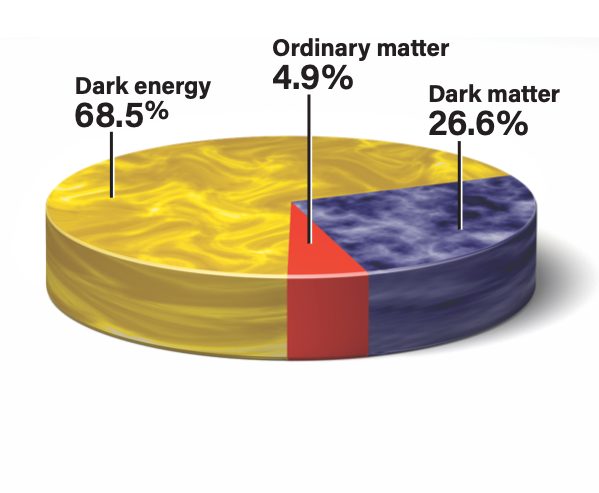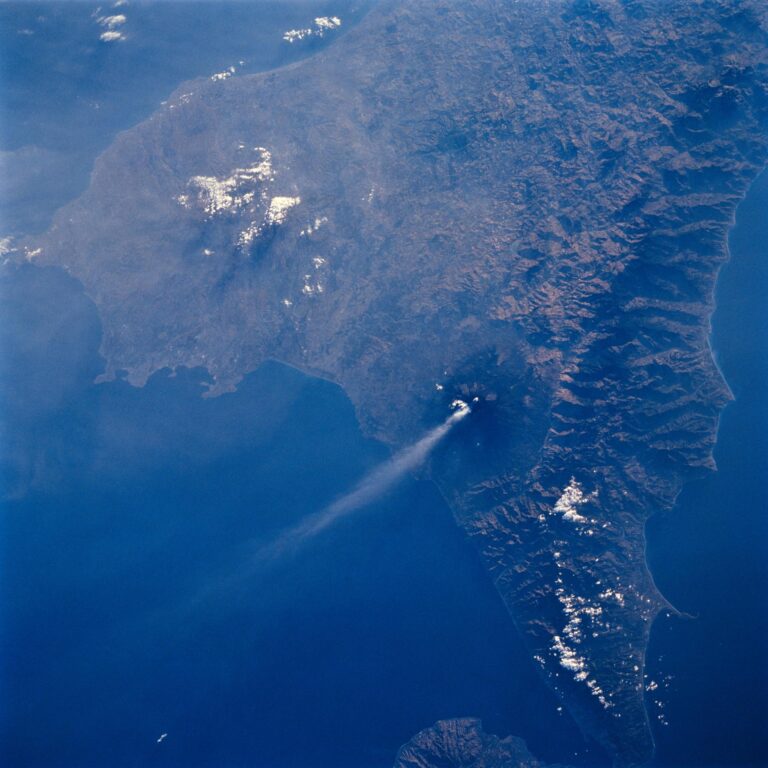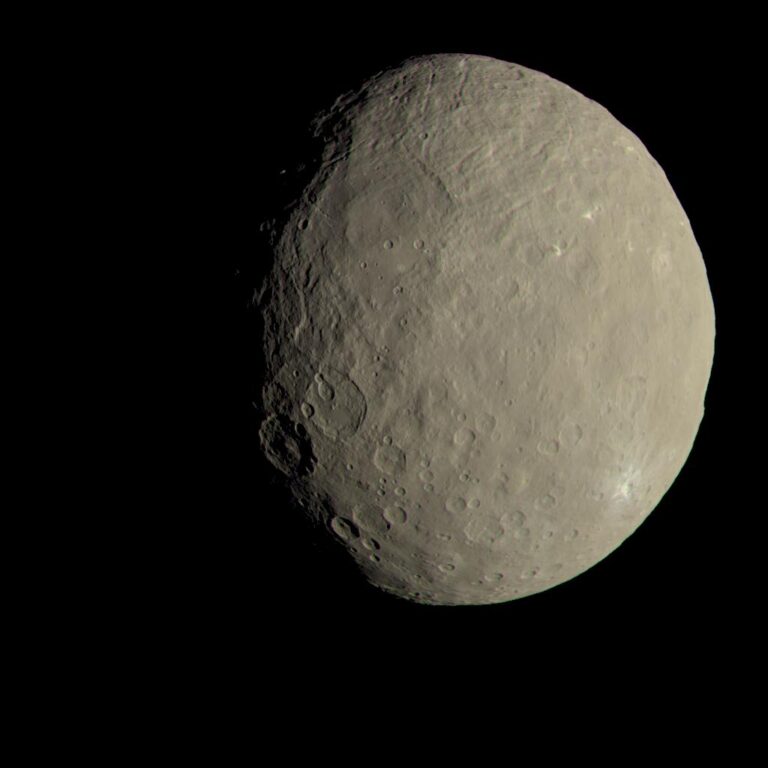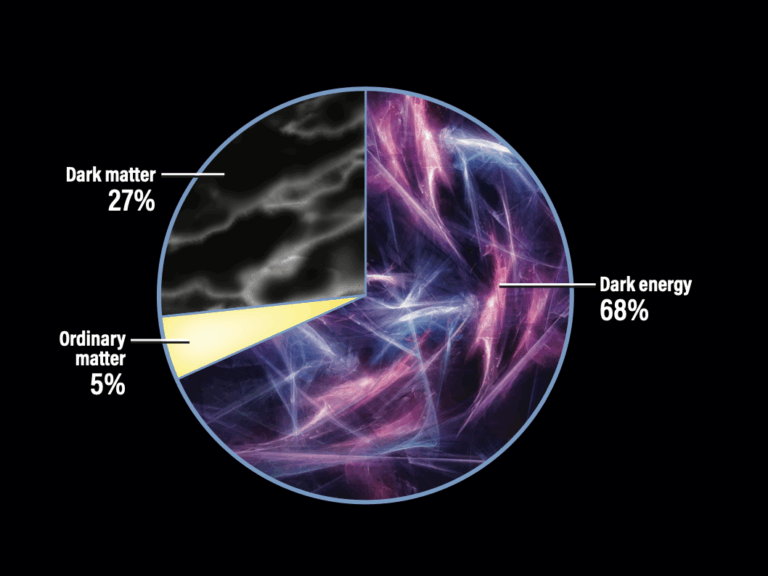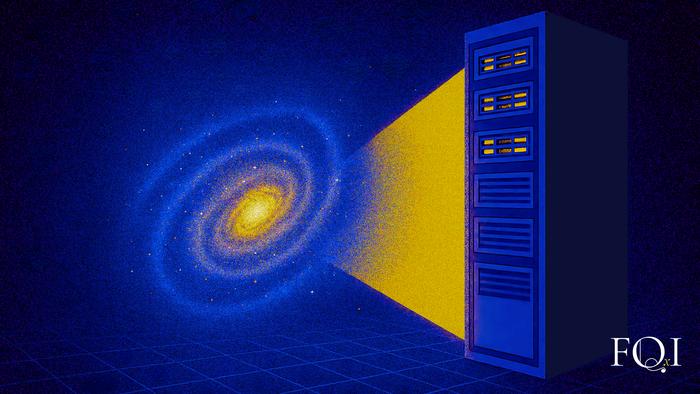Key Takeaways:
- The Great Filter theory proposes that advanced life faces nearly impossible hurdles.
- These hurdles include the origin of life, evolution of complex organisms, and technological advancement.
- If humanity has passed the Great Filter, our future looks bright for interstellar travel.
- Conversely, if the Great Filter is ahead, our survival may be threatened.
In 1950, the physicist and Nobel laureate Enrico Fermi famously asked his colleagues: “Where are they?” Fermi had been reflecting upon the vastness of the cosmos, and “they” in his question referred to extraterrestrials. With an almost unfathomable number of stars and planets in the universe, it seemed obvious that intelligent civilizations capable of developing radio astronomy and interstellar travel should speckle the distant stars. Yet, in Fermi’s day, no evidence of such civilizations existed — something that still holds true today.
The Fermi Paradox is the term used to describe the lack of evidence for extraterrestrial life in the face of a universe that should be, by the numbers, bursting with it. But we see no signs of alien technology, and our radio telescopes don’t pick up voices from other worlds.
Many hypotheses have been proposed to resolve the Fermi Paradox, but all of these remain unproven. And in the 1990s, another possible explanation for our apparent aloneness in the universe was formulated by Robin Hanson — a postulate that has become known as the Great Filter.
The hurdles to interplanetary life
Simply stated, the Great Filter says that intelligent interstellar lifeforms must first take many critical steps, and at least one of these steps must be highly improbable. Indeed, the premise of the Great Filter is that there’s at least one hurdle that is so high virtually no species can clear it and move on to the next. But while the term the Great Filter suggests the conscious action of some sort of exogenous entity, in reality, the hypothesis is more a way of thinking about the relative likelihood of certain events happening — or not happening — in their own natural course.
So, what basic hurdles must be cleared in order to become a truly advanced, spacefaring civilization? Hanson suggested a few, paraphrased below:
- A planet capable of harboring life must form in a star’s habitable zone.
- Life itself must develop on that planet.
- Those lifeforms must be able to reproduce, using such molecules as DNA and RNA.
- Simple cells (prokaryotes) must evolve into more complex cells (eukaryotes).
- Multicellular organisms must develop.
- Sexual reproduction, which greatly increases genetic diversity, must take hold.
- Complex organisms capable of using tools must evolve.
- Those organisms must create advanced technology needed for space colonization. (This is roughly where humans are today.)
- The spacefaring species must go on to colonize other worlds and star systems, while avoiding destroying itself.
While humans are not yet capable of interstellar travel in any meaningful sense (beyond a few small robotic probes like the Pioneer, Voyager, and New Horizons spacecraft), we are capable of advanced radio astronomy, meaning we’re a relatively tech-savvy civilization. But even if it took the same inordinate amount of time for an alien civilization to make the technological leaps humanity has, given the age of the universe, there should be at least a few interplanetary species colonizing their entire galaxy by now.
But, again, astronomers see no evidence of such civilizations. When they look to the stars, the silence is deafening.
The biggest challenges to becoming a galactic civilization
So, what could the Great Filter be?
Well, perhaps abiogenesis (life arising from lifelessness) is wildly uncommon. Perhaps the extreme rarity of this event is in fact the Great Filter. Alternatively, perhaps it’s common for life to spontaneously arise, but the overwhelming majority of life never progresses beyond simple single-cell organisms. Maybe the universe is teeming with bacteria — but bacteria don’t build starships.
Alternatively, the Great Filter might be a consequence of technology itself. Perhaps advanced civilizations usually eradicate themselves via some sort of technology run amok, such as malevolent artificial intelligence, nanotechnology, or a doomsday machine. Humanity is already more than capable of destroying itself via global thermonuclear war. And sadly, it’s possible that such extinction events are virtually inevitable throughout the cosmos.
The Great Filter could also be a purely outside event that is not dependent on the species its testing, regardless of how advanced they may be. For instance, the impact of a giant asteroid or rogue planet, a nearby gamma-ray burst, or an intrusive supernova could potentially annihilate all life on Earth — or any other planet for that matter. No technology in our arsenal today could stop these events from occurring, even if we had forewarning.
Another possibility is that more than just one step of the Great Filter is extremely unlikely to occur. This would exponentially increase the difficulty of a civilization achieving the level of technology required to master interstellar travel.
Has humanity passed The Great Filter?
If the Great Filter is behind us, though, it bodes well for humanity as a species; the universe may be ours for the taking. If, however, the Great Filter still lies ahead, we may be doomed.
On the bright side, some have interpreted our apparent aloneness in the universe as a good sign — a blessing even — as it indicates we’ve safely made it through the bottleneck. Strange as it may seem, we may be the first species to have passed through the Great Filter (after all, someone has to be first).
On the other hand, if we were to detect a signal from a super-advanced technological species that makes us look primitive, it might imply that the Great Filter still lies ahead. Humanity could be destined to take a surprise cosmic test, one that we don’t know what to study for.
The Great Filter is only a theory — yes. But from a logical perspective, it’s an appealing idea on many levels, offering a plausible explanation to the Fermi Paradox. So, although the question of “Where are they?” still remains unanswered, the Great Filter theory offers one of the best guesses we can dream up. Unfortunately, that doesn’t answer whether the Great Filter is already in our rearview mirror.
Doug Adler is the co-author of From The Earth to the Moon: The Miniseries Companion


